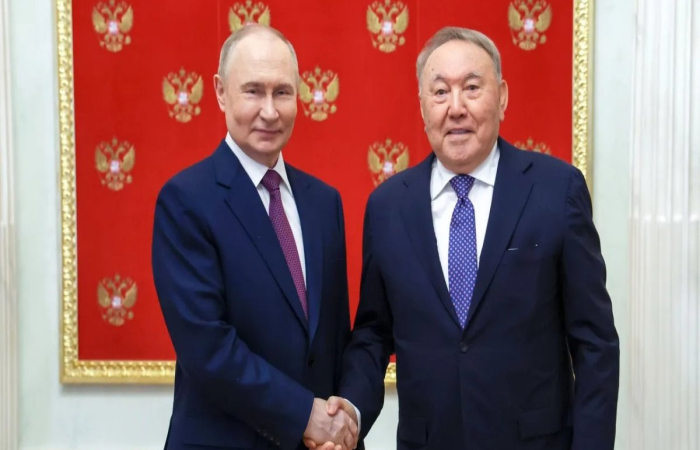The BBC is reporting that more than 800 serving officials in the US and Europe have signed a statement warning that their own governments' policies on the Israel-Gaza war could amount to "grave violations of international law". Many are describing the statement as an unprecedented move that reflects great concern in official circles in western countries about the the position of their governments on the situation in Gaza.
The "transatlantic statement", a copy of which was passed to the BBC, says their administrations risk being complicit in "one of the worst human catastrophes of this century" but that their expert advice has been sidelined.
It is the latest sign of significant levels of dissent within the governments of some of Israel's key Western allies.
One signatory to the statement, a US government official with more than 25 years' national security experience, told the BBC of the "continued dismissal" of their concerns.
"The voices of those who understand the region and the dynamics were not listened to," said the official.
"What's really different here is we're not failing to prevent something, we're actively complicit. That is fundamentally different from any other situation I can recall," added the official, who spoke on condition of anonymity.
The statement is signed by civil servants from the US, the EU and 11 European countries including the UK, France and Germany.
It says Israel has shown "no boundaries" in its military operations in Gaza, "which has resulted in tens of thousands of preventable civilian deaths; and… the deliberate blocking of aid… putting thousands of civilians at risk of starvation and slow death."
"There is a plausible risk that our governments' policies are contributing to grave violations of international law, war crimes and even ethnic cleansing or genocide," it said.
The identities of those who signed or endorsed the statement have not been made public and the BBC has not seen a list of names, but understands that nearly half are officials who each have at least a decade of experience in government.
One retired US ambassador told the BBC that the coordination by dissenting civil servants in multiple governments was unprecedented.
source: commonspace.eu with BBC (London)
photo: Destruction in Gaza following Israeli attacks (picture courtesy of al Jazeera, Doha).






